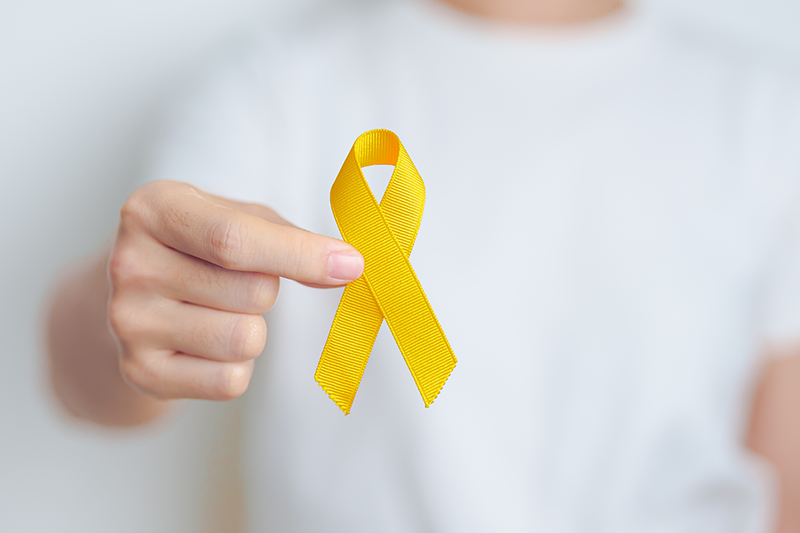The UK’s Worker Protection Act came into force last October; now is the time for all employers to act.
I just can’t sleep! It’s 3 hours until my alarm goes off, I need sleep! How will I concentrate tomorrow, how will I be able to focus?
Today is world sleep day and we know how important sleep is for both physical and mental health and that we should (but don’t always!) prioritise it, but what if you just can’t sleep?
I think it’s important to recognise that many of us may be experiencing feelings of fear, anger and uncertainty right now. Personally, the invasion of the Ukraine has filled me with great sadness, anxiety, and a feeling that I wish I could do more. At times of acute stress, we find ourselves in fight or flight mode with our cortisol (a stress hormone) levels spiking. During times like these our sleep may well be disrupted and that is a normal natural human response. “I will keep you awake so you can look out for danger”. Often short-term sleep issues will dissipate once the acute stress subsides and I’ll include a few key sleep hygiene tips below, which do help in general in relation to good sleep, but also in times of high levels of stress (you can also find more information here):
· The news – although many of us may want to stay informed, if it is causing you feelings of unease or anxiety, try to avoid listening or scrolling though the news at least an hour before going to bed and first thing in the morning
· Exercise – physical activity helps us to ease out of a stress response and can make it easier to fall asleep at night and maintain sleep
· Caffeine – is a stimulant, it can make anxiety worse, and it affects both the quality and quantity of sleep if it is still in our blood stream at night-time (and it stays there for a really long time!). If you’re a caffeine fan (which many of us are!) consider having a caffeine cut off point in the day and reducing your intake (you can find more information here)
· Routine – try to maintain a similar wake and sleep time each day, that way your hormones, that help with waking and sleeping, work more effectively
· Do something boring before bed – where would we be without technology? It has kept us connected, particularly in the past couple of years. However, when we scroll on our phones or read our emails in that hour before bed it keeps our minds connected to the world, it might upset us, excite us or intrigue us. It keeps our minds in thinking mode and what we are looking to do in that time before we go to sleep is to relax our minds, disconnect. My top tip here is to find a book that’s a bit boring….you may soon find yourself drifting off to sleep.
I also wanted to briefly mention mindset and how we might be talking ourselves out of sleeping.
Ralph Waldo Emerson said, “You are what you think all day long.” And the same applies at night-time. We know from the study of psychology and cognitive behavioural therapy that our thoughts impact our emotions and behaviours. If we say to ourselves ‘I can’t sleep’, ‘I’ll never get to sleep tonight’ then that tends to be what happens, we struggle to get to sleep.
We also know that if we gently redirect the focus of our thoughts, it can change our emotions and behaviours. So, next time you catch yourself telling yourself you can’t sleep try changing the narrative. Remind yourself you are safe in that moment, that you will be ok tomorrow and focus on something that makes you feel relaxed, for example, a happy memory, deep breathing, or a body scan.
Related Articles

Creating psychological and challenger safety: a practical guide

5 reasons workplaces should embrace neurodiversity, and learnings from Bahar Khorram vs Capgemini UK



.jpeg)


